PRESIDENT BUHARI RECEIVES ILO TEAM 0A&B; President Muhammadu Buhari addresses the Director-General of International Labour Organisation, (ILO), Mr Guy Ryder and his team during an audience with the President at the State House Abuja. PHOTO; SUNDAY AGHAEZE. AUGUST 1 2019.
BY FELIX O. AJIOLA
Capitalism breeds poverty, misery and kleptocracy, yet Nigeria is ignorantly gravitating towards financialism, the highest form of capitalism. Under viable capitalism, wealth begets accumulation of money. People who create economic wealth get money as a direct consequence and benefit of their creativity. With financialism, a subtle yet fundamental distinction emerges. Money is no longer the sign of wealth; it becomes wealth itself. People are no longer driven to make things in order to earn money. They are driven to make money in order to make more money. In this shift of priorities lies a multitude of sins.
If we allow financialism to replace capitalism, our world will collapse under the weight of frequent crises and galloping inequality. This will be too disastrous for the masses, as financialism will ultimately erode and drain the country’s mineral, material and intellectual endowments. The enthronement of ‘Men without Chest’ (the parasitic political elites composed of desires and reason but lacking in thymos (integrity), clever at finding new ways to satisfying a host of petty wants through the calculation of long-term self-interest) would lead to an empty treasury with the increasing rate of governmental kleptomania.
Corruption has now reached a crescendo under President Muhammadu Buhari. The current spate of corruption in Nigeria reminds me of the fable of the well I was told many years back. The well contains enough water for the whole village as long as each person is limited to one bucket daily. An ingenious sort secretly makes his bucket slightly larger than the rest. This expansion goes unnoticed, so he enlarges the vessel once more. A few observant souls take notice and commit the same offence. Soon, a large minority of the people go to the well with larger buckets. Fearing the size of their buckets might be noticed, these opportunists stop visiting the well in the company of regular villagers. They start going as a pack in order to hide their secret, each vouching for the fidelity of the others in case one of the uninformed gets suspicious. However, they are not satisfied with the slight advantage. They enlarge their buckets again and, in time, the vessels they use no longer resemble normal buckets at all. One day, they go to the well but their enormous pails bring up only a meagre yield. The well is exhausted! The water is nearly gone. It has to be rationed by the cup. This is a lesson to us in Africa and indeed Nigeria. Overly aggressive economic behaviour by one person may benefit him handsomely but not without damaging the overall economy. If too many people emulate this selfishness and greed, catastrophe ensues.
Advertisement
It is pathetic that after several years of unbridled looting of the country by the military and later the Peoples Democratic Party, Nigerians still fell for the combativeness and “body language” displayed by General Buhari as he sought the presidency. The masses had myopically found a messiah in ‘Mr. Integrity’. Unfortunately, this government is an epitome of kleptomania, greed, avarice and instant gratification. Buhari and the All Progressives Party (APC) exuded confidence and looked like the change needed to inject vitality into a withering economy. However, the political colouration that is given to Buhari’s anti-graft war is too glaring to be seen as fair. The numerous corrupt practices and misuse of office for personal and provincial purposes under this president’s watch are a huge embarrassment to the nation. The resource curse is not only the unfortunate economic woe; there is also the centralisation of corruption under this government. What is happening in Nigeria’s resource-rich states of the Niger Delta, for instance, is systematic looting and, like its victims, its beneficiaries have names.
Buhari and the APC promised ‘change’ in 2015; however, nothing has changed except the pattern of corruption and primitive accumulation. The propagandist approach of this present government to fighting corruption and recovering stolen monies is laughable. To be sure, Buhari and his troupe defended and resuscitated, in sordid form, the campaign against corruption and institutional reform. But what he called reform is simply changing the screws and oiling the looting machine. The less plausible the arguments, the louder they sing ‘change’ as if vigour and volume could be aptly substituted for reason and acuity. Meanwhile, compared to the past, economic policy has suffered even more.
There is no denying that the mother of all corruption is taking place on a daily basis in the oil industry owing to an unholy alliance of the Nigerian National Petroleum Corporation (NNPC), the government and their foreign partners against the Nigerian people. This is a sector where the president doubles as the Minister of Petroleum. To illustrate, President Buhari, the “anti-corruption crusader”, banned 113 crude oil vessels mostly owned by foreign oil thieves in July 2015 for stealing Nigerian crude oil but he reversed the ban in September 2015 after the US government and key members of the ruling elite intervened. They were never made to refund the monetary equivalent of the stolen crude oil running into billions of dollars and neither were they penalised. Currently, we have many petty thieves and innocent poor people languishing in Kirikiri Prisons and other prisons while the big thieves are celebrated.
Advertisement
Another kind of stealing is when the NNPC undervalues oil wells. For instance, an oil well that produces about 50,000 barrels could be undervalued as doing just 20,000 barrels, meaning that 30,000 barrels are potentially being stolen daily. In the light of such disturbing evidence, one cannot but conclude that only a drastic working class-led revolution can end the monumental corruption in the oil, maritime and aviation sectors, for example, followed by subsequent deployment of these resources and wealth towards mass employment and sustainable development.
While the past administrations of the PDP cannot be excused, this present government actually qualifies as the grandmaster of corruption. Consequently, in business circles, Nigeria now maintains undiscounted high risk factors and remains awash with crooked financial dealings that undermine the legitimacy of all regulatory institutions. In terms of macroeconomics, it is now obvious to discerning Nigerians that the so-called “Buharinomics” is a scam. This regime is in fact the country’s worst historical accident, with its brazen display of lack of micro- and macroeconomic knowledge, as well as its ignorance about the structural workings of the modern global financial system. Nigeria’s economy has stagnated since Buhari came to power in 2015.
The attraction of easy oil money and misplaced government policies have diminished investment and interest in Nigeria’s agricultural prowess. The currency crashed and was devalued in social fits. Under this government, industrial productivity is slumbering and the nation is sinking into a static economy. The dominant interest of the comprador bourgeoisie is no longer productivity and aggregate benefit but the individual aggrandizement of a select few. In a bid to raise more money for the parasitic political class to steal, the government has resorted to excessive taxation and a range of unwarranted charges. One would be blind and insane not to see the impracticability and danger of these rapacious policies on an already emasculated people.
t is troubling that this government has turned a blind eye to the sufferings of Nigerians by opting to measure the so-called change in terms of misleading and grossly inflated ‘growth’ statistics instead of real improvement in the livelihoods of the people. As it was during General Buhari’s military dispensation, the spike in unemployment and retail prices is alarming today. Poverty is now more visible on the faces of Nigerians than during the military era and the sixteen years of PDP misrule. Buhari’s regime has borrowed like no other regime in history. No wonder some local and international observers have described the current administration as brutish, inhuman and irresponsible. The Nigerian economy is now like a vehicle whose faults cannot be diagnosed, let alone service or repair; it is like a ship rocking from side to side in a violent tempest.
Advertisement
Politically speaking, President Buhari and Professor Yemi Osibanjo are operating a template unknown to the founding fathers and generational devotees of democracy. A strange political language is being spoken in the country that has succeeded in creating fools out of the colonial conquistadors that gave us the kind of education that we pride ourselves on for powering the present political levers. Nigeria is probably the only country on earth where corrupt leaders are champions, where crooks are heroes, where purveyors of violence are powerful opinion moulders, where the best are led by the worst, where intellectuals are tutored by illiterates. Like a hilltop house, Nigeria seems to be insulated from the realities in the community of human beings. It has been held hostage by a parasitic political elite and a plunderous capitalist class, as well as by degenerative cultural beliefs and practices.
The entrenchment of the ‘executthieves and legislooters’ is solidified by a horde of instant gratification-seeking indolent youths whose preoccupation is nothing else but frivolities such as the Big Brother TV show and sex-glorifying music. No wonder homes are being ravaged by fierce torrents of moral decay, stirred up from the pit of hopelessness. The country is now consumed by the obsession with a whimsical god of money, a system of education that highlights only the benefit of acquiring a certificate and not the importance of building character. The political class thrives in the midst of a faith fanaticism that pays too much allegiance to religiosity, to the irreversible detriment of genuine godliness and morality – what Mahatma Ghandi called “religion without consecration and repentance without restitution”.
This explains why many purpose-driven Nigerians have abandoned their homeland for greener pastures abroad. Many of these people have brought honour to the country, especially in the medical, academic and industrial sectors. They fire up the economic life of any community they step into, becoming employers of labour overnight. They break barriers and attain otherwise impossible heights. They are the envy of other Africans and their nations. Indeed, the American Black consider Nigerians their greatest threat on the surface of the earth and they have more than enough apparent evidence for this – but that is a matter for another day. However, the world and the firmament are now bowing to profitless salesmanship, cast in the shadows of the power of negative projections. Despite the invaluable contributions of talented, highly educated, professional, non-professional, morally upright, patriotic, vision-dressed Nigerians, we still receive the short end of the stick. We are yet to acquit ourselves on the milestone of reductive characterisation so that we can earn the respect of the world; pitifully, the undertakers of Nigeria’s local industry of abnormalities continually expand the frontiers of their self-patented creativity with global rippling effects.
Obviously, Nigeria cannot be great until we break the hold of the extortionate political elite and the parasitic comprador bourgeoisie. Political reform is needed urgently in Nigeria, as Nigerian politicians no longer do a fair job of representing the interest of the vast majority of citizens. The current political class only represents power, money and policies skewed towards its inordinate prebendal accumulative tendencies. Until principled men become our principal men in politics, the country will never know peace or prosperity.
Ajiola is a lecturer in the department of History and Strategic Studies, University of Lagos, Nigeria. Email: [email protected]; Telephone: +2348060562054.
Advertisement
Views expressed by contributors are strictly personal and not of TheCable.
2 comments
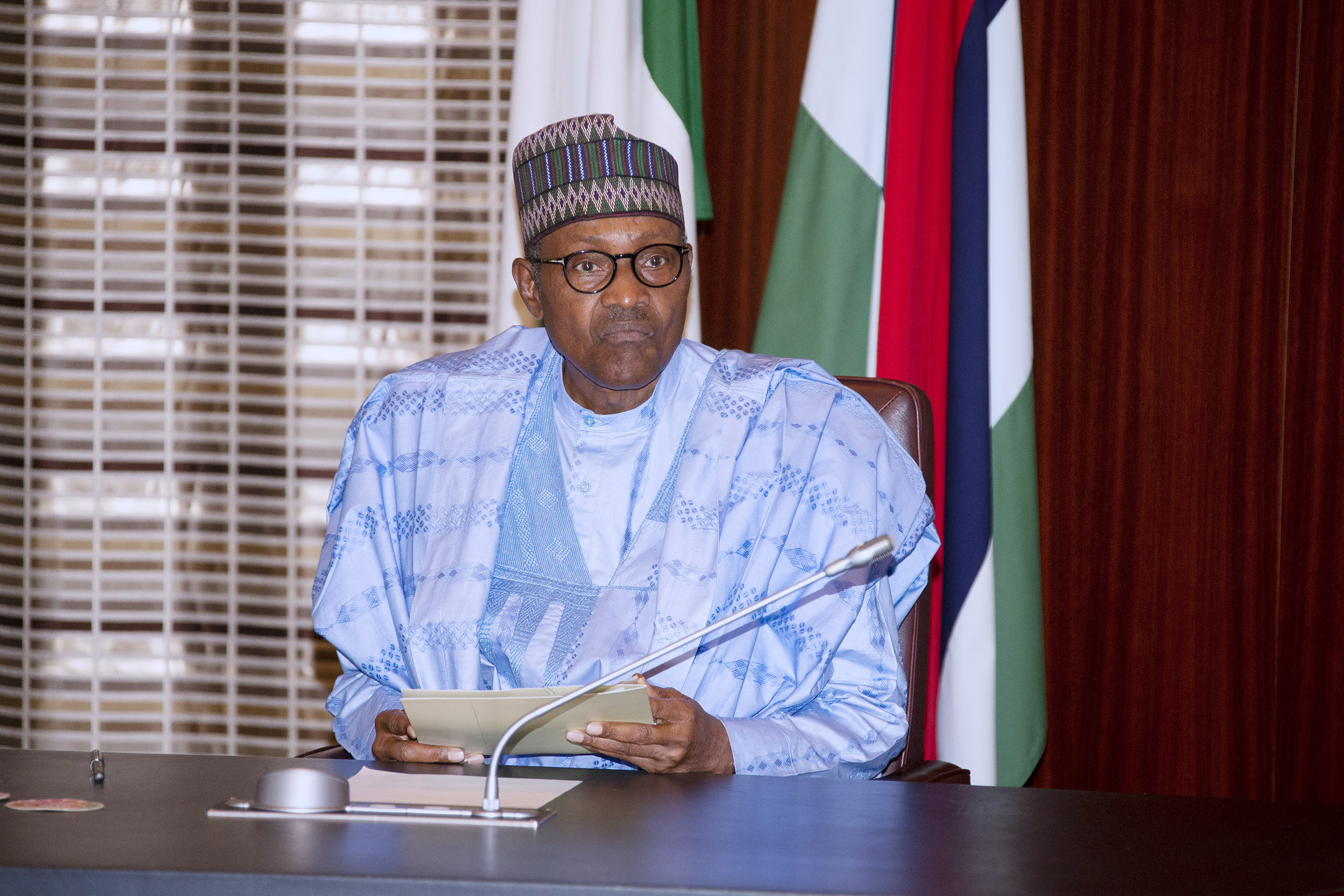

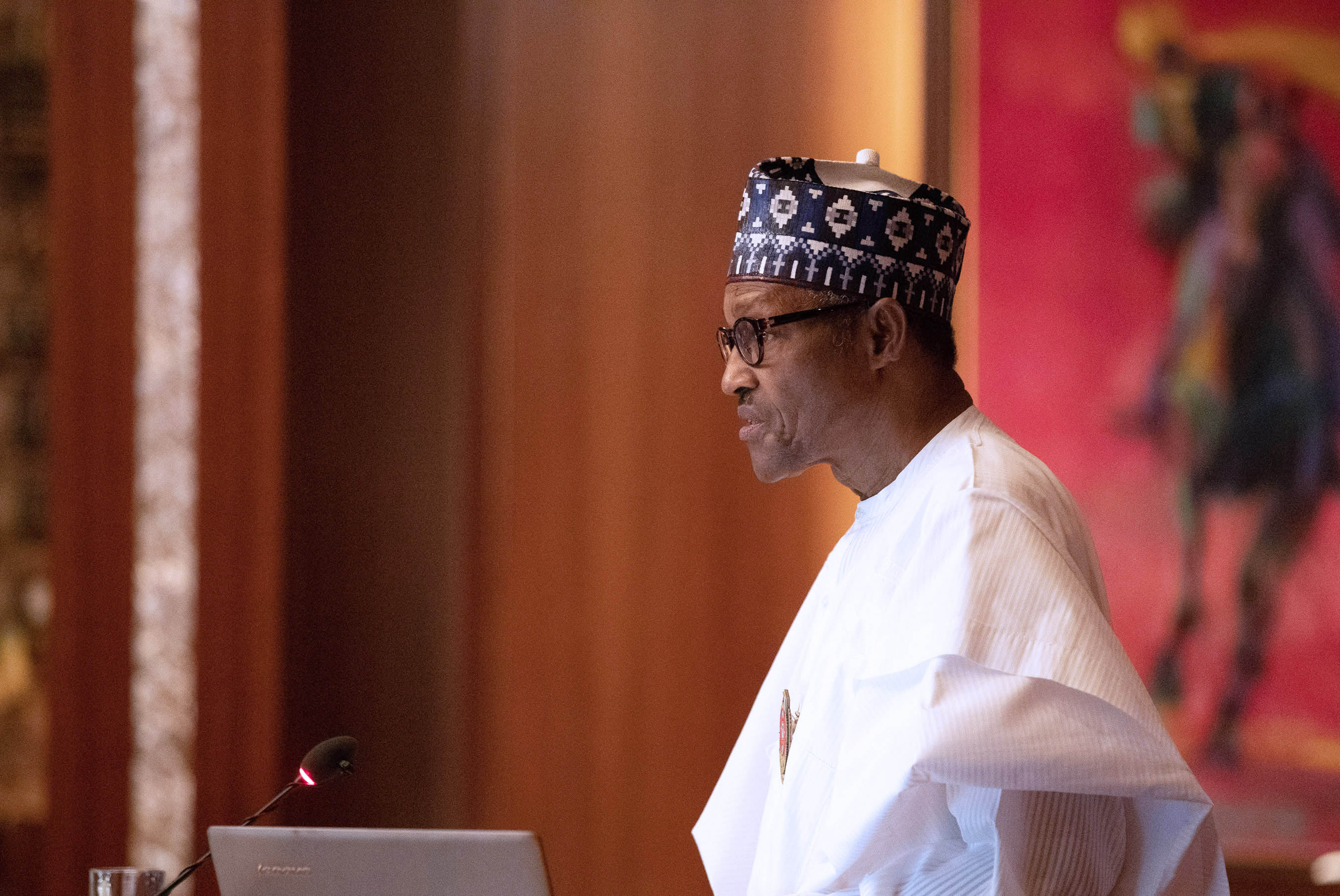
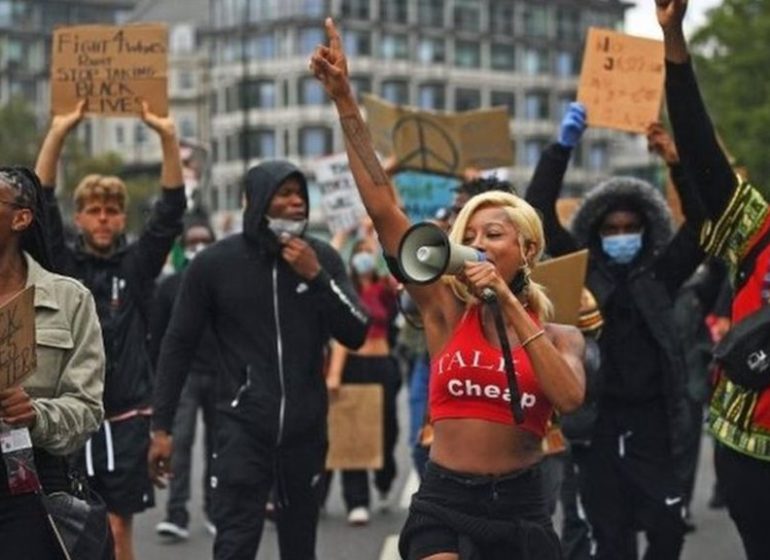
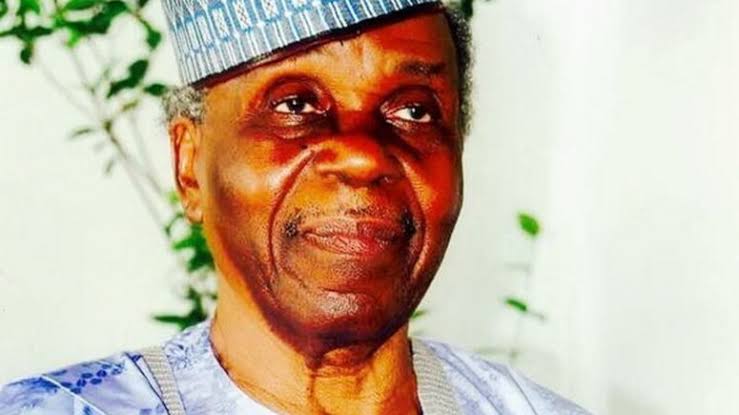
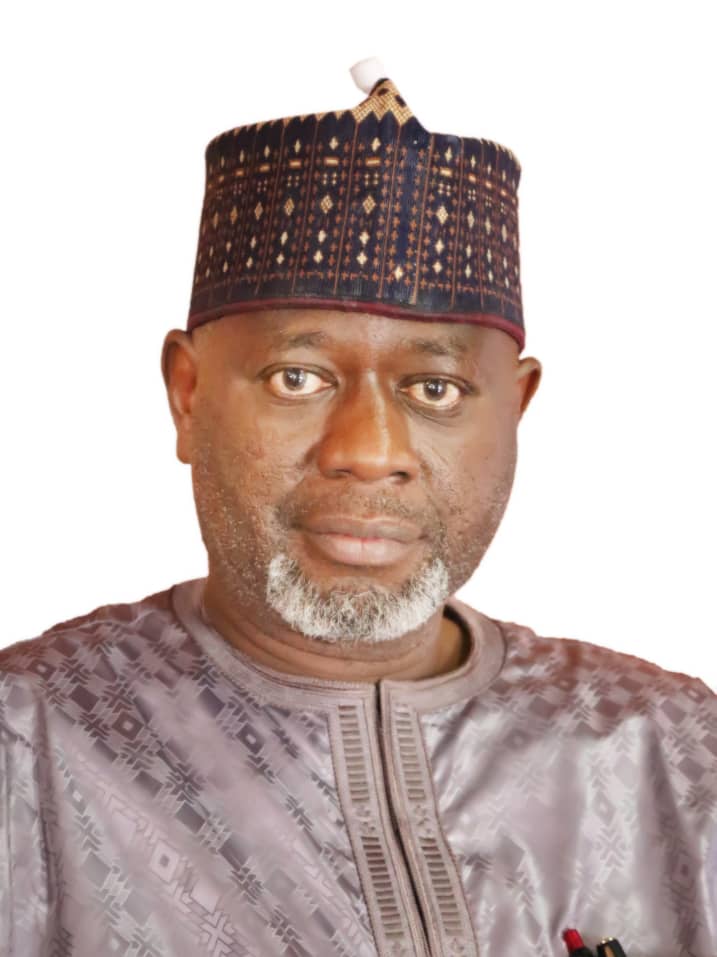

Well said, well written and well articulated. Although I am not blaming capitalism for the existing problems, but leaders with conscience would make a remarkable difference.
Dr.Ajiola knows the problems of this country.